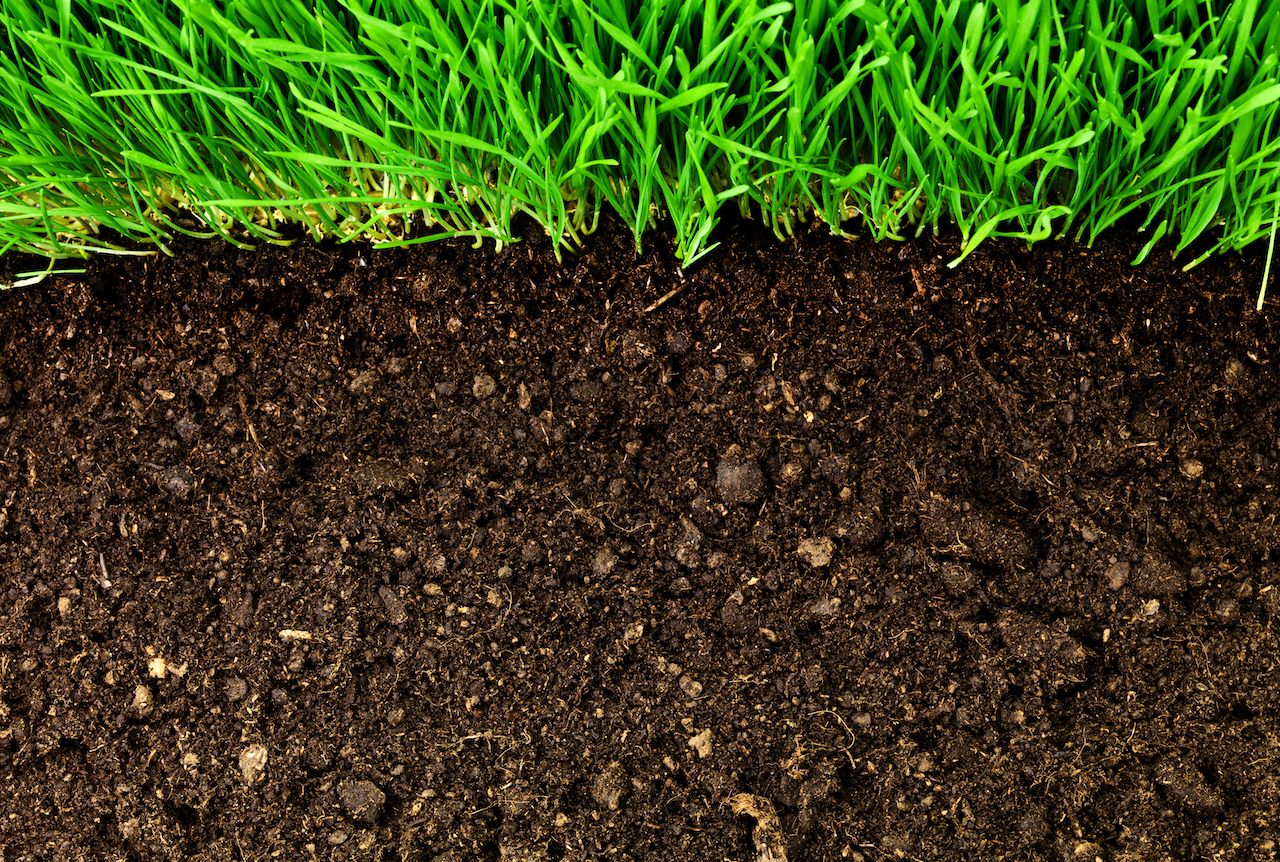I'm busy, detail oriented, cost conscious and highly selective as to whom works in and/or around my home. This is a service based company that actually provides superior service. Don't waste anymore time... call them. ~ a satisfied customer for three years.
What Is Soil Conditioning?

Homeowners often fight a variety of weed problems, ranging from crabgrass to nutsedge to dandelions and more.
When left unmanaged, out-of-control weeds may cause a variety of issues if they aren't dealt with, including infestations of unwanted pests, a decrease in the home's resale value, fire dangers, allergic reactions, health problems and even legal trouble.
One of the best ways to mitigate weed issues and lessen the impact of these problems is by conditioning the soil.
Soil Conditioning and Weed Control
Soil conditioning is critical for weed management because it encourages robust plant development, leading to a thick canopy that blocks light and prevents weeds from germinating.
Soil in good condition also helps plants absorb nutrients, making them more resistant to weeds.
Ultimately, soil conditioning and weed control help homeowners create and maintain beautiful lawns and landscaping.
What Is Meant by Soil Conditioning?
The goal of soil conditioning is to improve soil quality, making it easier for plants and grass to take in water, air and nutrients.
Soil conditioning typically starts with a comprehensive analysis to pinpoint various deficiencies and imbalances in the soil. This analysis usually takes several days to a few weeks to perform.
An expert will then use the findings from the analysis to amend the soil by adding organic material, fertilizer, minerals and other additives to increase its microbial activity, drainage and fertility.
These adjustments provide a more favorable environment for plant and grass development, allowing you to cultivate a better-looking lawn and landscaping.
Homeowners also benefit from soil conditioning because it makes their lawns and gardens resistant to pests and diseases. The healthy soil helps plants thrive, raising both the property's aesthetic value and its marketability.
How Do You Condition Soil for Plants?
There are several ways to condition soil for plants. Some of the most effective ways are:
-
Adding compost strengthens the soil, preserves vital nutrients and works especially well for helping new plants adapt to new settings.
-
Landscaping with compostable mulch prevents soil erosion, kills weeds and keeps pests away.
-
Organic matter, like decomposed vegetation and animal dung, strengthens soil structure and provides food for microorganisms.
-
Well-aged manure enriches soil with nutrients, improves drainage and aerates the ground for plant growth.

Why Weed Control Is Essential With Soil Conditioning
While improving the soil can help grass and plants flourish, it also makes it easier for weeds to grow. This is why soil conditioning and weed management go hand in hand to guarantee a successful garden or beautiful lawn.
Some of the best ways to perform weed control to improve your soil conditioning efforts are:
-
adding herbicide to kill weeds
-
adding herbicide to prevent weeds
-
hand pulling weeds
Conclusion
Homeowners across the country benefit greatly from soil conditioning. It helps control weeds while also encouraging healthy garden and lawn development. Poor weed control can cause a host of problems for homeowners.
To keep landscaping in good shape and guarantee productive gardens, you need a solid plan that integrates soil conditioning and weed control.
